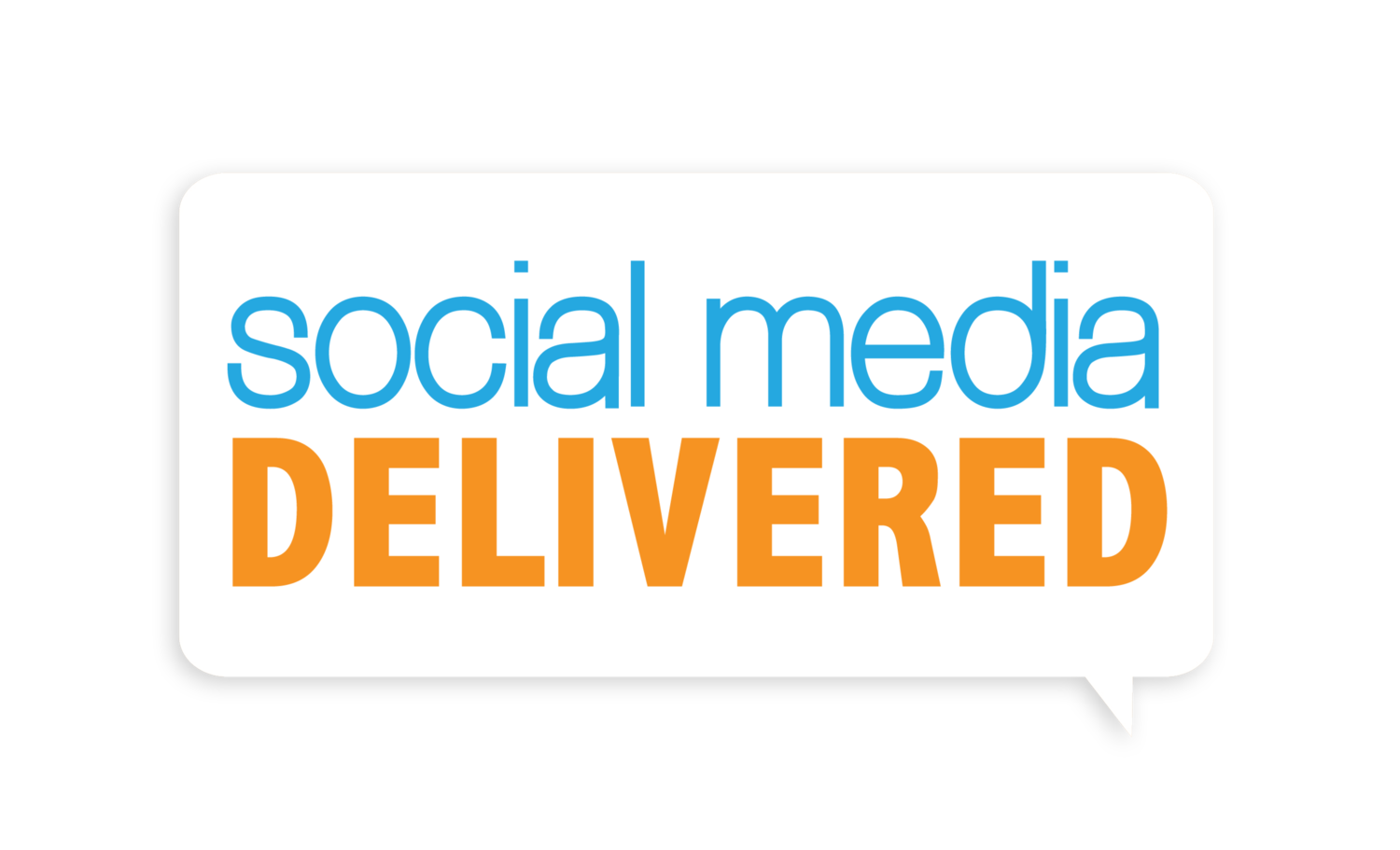News Update: Messenger is Facebook's Strategy for World Domination
By Jean Scheidnes | @jeanscheidnes
"One of my big regrets," Mark Zuckerberg told Fast Company last year, "is that Facebook hasn’t had a major chance to shape the mobile operating system ecosystem."
Although Facebook reportedly captures more of mobile users’ time than any other service, Zuck’s point was that Facebook doesn’t possess an operating system like Apple and Google have; and that makes it somewhat hard to achieve world domination.
In 2013 Facebook created Home, a FB-oriented homescreen you could lay on top of Android, and it flopped--just one instance that demonstrated the sub-optimal nature of building on someone else’s platform.
What’s the solution? Develop Facebook Messenger into a de-facto platform that makes apps irrelevant, of course. Remember all the head-scratching when FB spun Messenger off into a separate app? The rationale is becoming more clear every day. Now you can even use Messenger with just a phone number; no FB account required.
In 2015 Messenger hit 800 million active users, giving FB the traction to make Messenger the go-to platform for everyday interactions, much like WeChat in China.
Already you can use Messenger to make payments to friends. To call an Uber. To track packages and receipts. To share locations. To send Giphy GIFs. The list will only grow.
Facebook is currently beta testing a virtual personal assistant called M, that is billed as part AI, part human. (M’s rival Siri, on the other hand, is all AI.) Since humans are overseeing users’ requests, “M can actually complete tasks on your behalf. It can purchase items, get gifts delivered to your loved ones, book restaurants, travel arrangements, appointments and way more,” David Marcus, Facebook’s VP of Messaging Products, said to Wired.
It’s rumored that Mac users will get a Messenger desktop application so users don’t lose conversations in tabs or forget to check messages. FB hasn’t confirmed this yet, but TechCrunch obtained a photo of what is says is a FB employee using the product, and from afar it resembles Google Hangouts.
What does all this mean for brands? Eventually branded account pages within messaging apps will become content hubs, therefore brands will be able to drive engagement through coupons, videos, chats, contests, etc. We should expect more streamlined customer care, as reps will be able to resolve issues privately within Messenger instead of asking customers to call or email.
